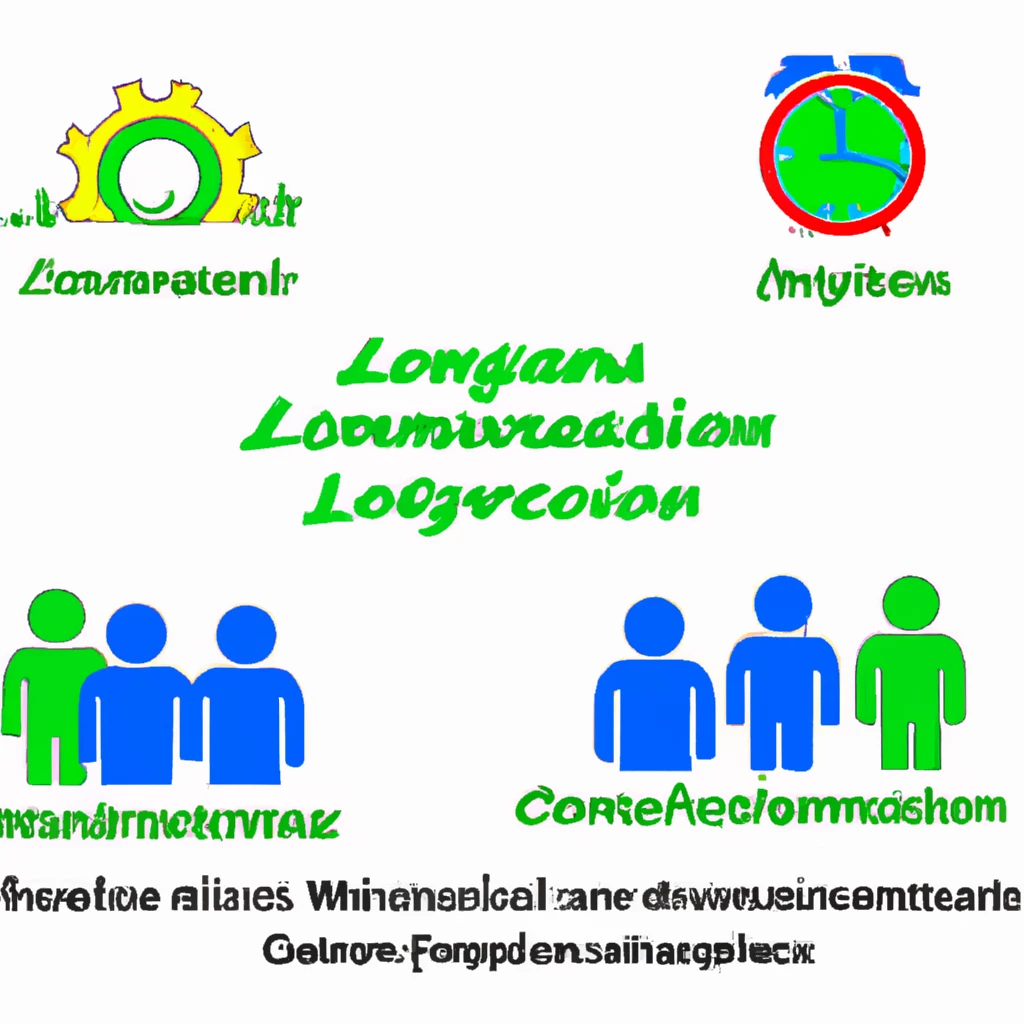Understanding Loan Commitments: What You Need to Know
A loan commitment represents a formal agreement made by a commercial bank or financial institution to provide a specified sum of money to an individual or business. Such commitments serve as essential tools for consumers seeking to purchase a home or businesses aiming to make significant investments.
Loans can be issued as a lump sum payment or as a line of credit for borrowers to access as needed, with the latter being known as an open-end loan commitment. This line of credit allows borrowers to draw funds up to a predetermined limit.
Delving Deeper into Loan Commitments
Financial institutions assess borrowers’ creditworthiness to determine loan commitments, particularly in the case of secured commitments where collateral plays a role. For individual borrowers, this collateral could be their home. Borrowers can utilize funds up to the agreed limit under the commitment, akin to a revolving credit line.
Securing a loan commitment often results in lower interest rates, however, it necessitates collateral. Failure to repay such loans may lead to the loss of the collateral, underscoring the importance of responsible borrowing.
Exploring Loan Commitment Varieties
Loan commitments can be classified as either secured or unsecured.
Secured Loan Commitment
Secured commitments hinge on the borrower’s creditworthiness and involve collateral. Examples include secured credit cards and home equity lines of credit, with higher credit limits and lower interest rates compared to unsecured commitments.
However, securing a loan entails a lengthier approval process due to the added documentation requirements.
The lender retains control of the collateral until the loan is fully repaid, offering a level of security in case of default.
Unsecured Loan Commitment
Unsecured commitments rely solely on the borrower’s creditworthiness, with no collateral involved. While they offer faster processing times, interest rates are typically higher than secured options.
Secure borrowing practices are crucial to avoid financial repercussions that may arise from unsecured commitments.
Pros and Cons of Loan Commitments
Open-end loan commitments offer flexibility and can be beneficial for addressing sudden financial needs. They present opportunities for consumers to improve their credit standing through responsible borrowing.
On the flip side, defaulting on secured loans can lead to the loss of collateral, highlighting the importance of repayment diligence. Unsecured commitments carry higher interest rates, making them costlier options for borrowers.
